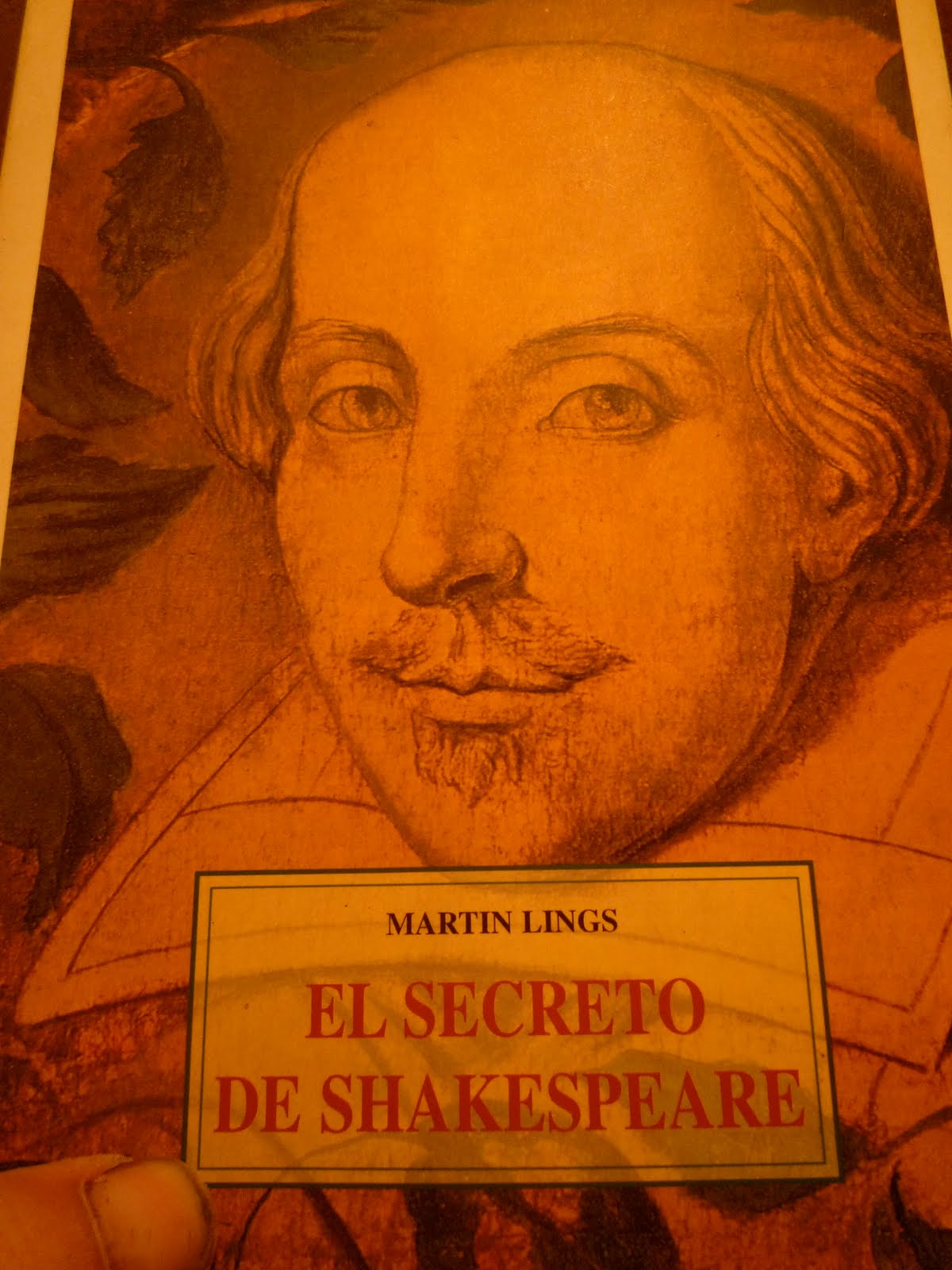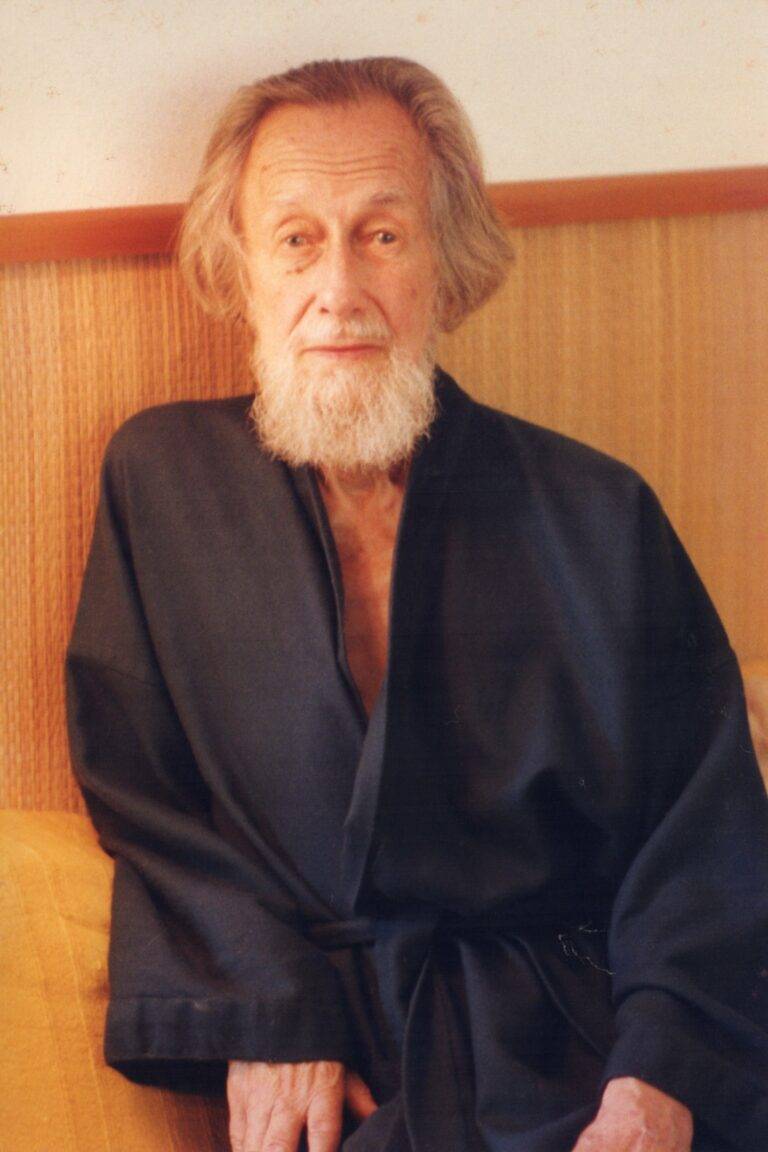

He quickly learned Arabic to communicate with Guénon's Egyptian wife. When the friend died in a horseback-riding accident, Dr.

The friend had become Guénon's assistant. In 1939, he went to Cairo to visit a close friend who shared his enthusiasm for the philosopher Guénon, who had moved from France to Egypt in 1930. He taught in several European universities, then became a lecturer in Anglo-Saxon and Middle English at the University of Kaunas in Lithuania. He graduated from Magdalen College of Oxford University, studying English under C.S. He was raised a Protestant, and later became an atheist, according to Zaman, a Turkish newspaper. His later books addressed spiritual issues in broad terms, suggesting in one, "The Eleventh Hour: The Spiritual Crisis of the Modern World in the Light of Tradition and Prophecy," first published in 1987, that the end of time was near. Lings's "The Sacred Art of Shakespeare: To Take Upon Us the Mystery of Things," Prince Charles wrote, "Lings's particular genius lies in his ability to convey, as perhaps no one else has ever done, the theatrical underpinnings of these texts, leaving readers with deep and lasting impressions not only of those masterpieces of dramatic artistry, but of the extraordinary man behind them as well."

He was considered by some, including initiates he instructed, to be a Sufi saint, and by many non-Muslims to be a provocative intellectual. Lings followed them in converting to Sufi Islam, about which he wrote the entry in the Encyclopaedia Britannica. His own personal intellectual and spiritual journey reflected his friendship with the philosophers René Guénon and Frithjof Schuon, who saw modern history as a sorry record of decline, and man's salvation in traditional religion. Lings with an award for the book, and The Islamic Quarterly called it "an enthralling story that combines impeccable scholarship with a rare sense of the sacred worth of the subject." The presidents of Pakistan and Egypt each presented Dr. He was the keeper of Oriental manuscripts at the British Museum and British Library and the author of a well-received biography of Muhammad that was based on Arabic sources from the eighth and ninth centuries and, according to some reviewers, read like a novel.

His books on Islamic calligraphy were influential, as was his biography of an Algerian Sufi saint. Lings's long career was studded with accomplishments, some quite novel - like his 1996 book comparing his interpretation of Shakespeare's spiritual message to Sufism. His publisher, Virginia Gray Henry, director of Fons Vitae Publishing, announced his death.ĭr. Martin Lings, a widely acclaimed British scholar whose books on Islamic philosophy, mysticism and art reflected his own deep belief in Sufism, the esoteric, purely spiritual dimension of Islam, died on May 12 at his home in Westerham, Kent County, England.


 0 kommentar(er)
0 kommentar(er)
